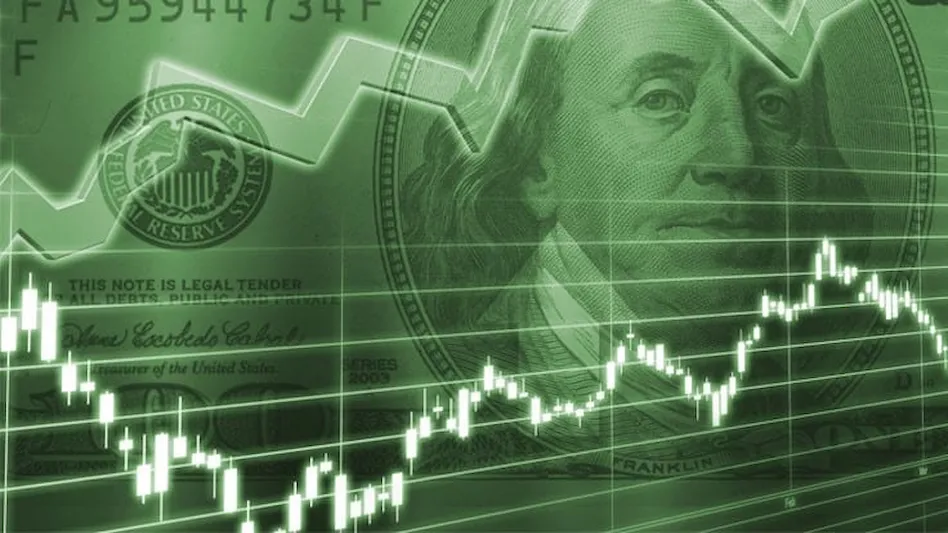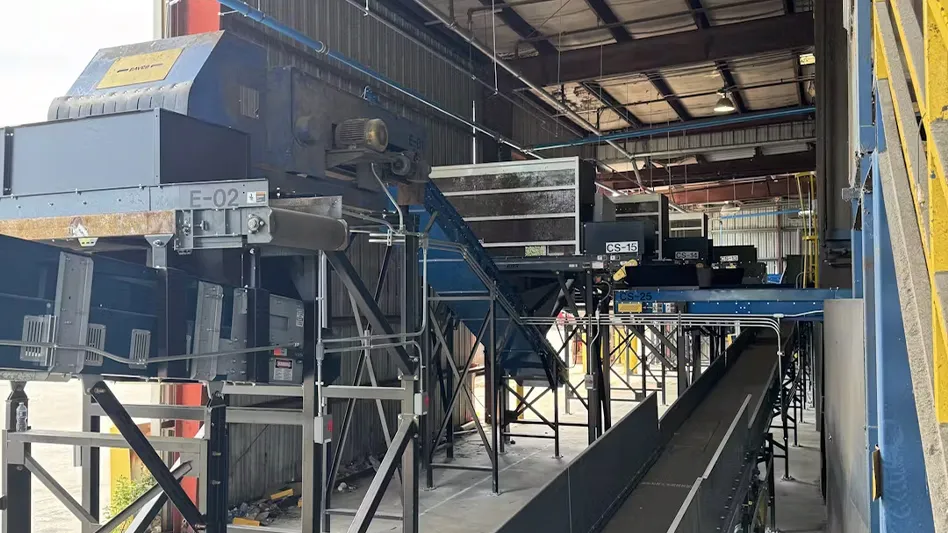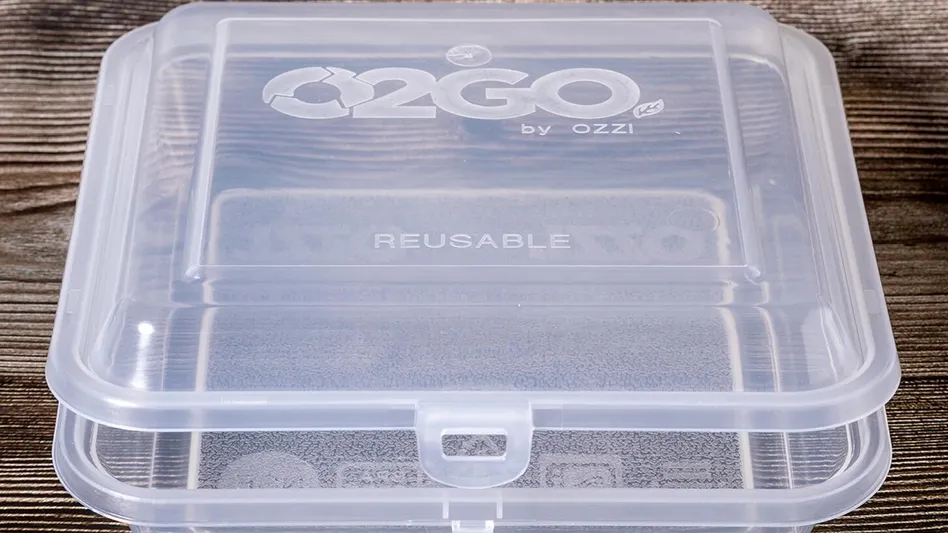
The appearance of COVID-19 was not something that could be predicted by economists in 2019. With 2020 entering its final quarter, it is still not clear to what extent the economic impacts of the pandemic can be completely understood.
Two different presenters at the keynote session of the Bureau of International Recycling (BIR) World Recycling Convention Week, held online Tuesday, Oct. 13, provided a look at where the economy has been while also acknowledging the pandemic in some ways defies comparisons.
Professor of Economic History Philippe Chalmin of Paris-Dauphine University, who writes an annual yearbook called “Cyclope” on global commodities markets, said most global economies had not experienced a financial decline comparable to the second quarter of 2020 since either the Great Depression of the 1930s or during World War II the following decade. In the United Kingdom, the contraction may have been the worst since the Great Frost of 1709.
Chalmin remarked that commodity prices took their hits in 2020 quarter from “demand shock,” although many of them had bounced back considerably since March and April. Commodity prices have benefited from the rapid state-supported economic rebound in China, and from the weak United States dollar. “When the [U.S.] dollar weakens, you generally have higher commodity prices,” stated Chalmin.
Chalmin called iron ore pricing one of the “stars of the summer,” along with that of safe haven gold. Iron ore’s rise from as low as $40 per ton in 2016 to $130 in the summer of 2020 “is linked to one thing: Chinese demand,” said Chalmin.
Metals and minerals pricing overall has benefitted from China’s rebound combined with speculation from ETF fund managers and others, said Chalmin. He said the “China recovery is already priced” into most metals and minerals as of October, including copper and nickel.
For electronics recyclers and other who handle gold, he warned the ETF buying had been particularly intense. Such fund buyers have ordered 4,000 tons of gold, which Chalmin says is “one year of [physical] gold demand worldwide.” This safe haven buy-and-hold play could quickly wind down if a convincing economic rebound occurs.
Chalmin is one forecaster who is not convinced a full rebound is here. “Unfortunately, the game is not over” regarding COVID-19, he stated. “We are in the midst of a second wave,” he added. “To speak about the post-COVID world is perhaps a bit optimistic.” Based on pricing, Chalmin says nonferrous metals “have forgotten the crisis,” but an uninterrupted economic rebound is not guaranteed.
For secondary commodities, Chalmin says the government-imposed exit or retreat by China from global scrap markets is “a big problem.” Developed nations “are in a situation of excess production [of scrap] and we need to export our surpluses. Where will we export our surpluses? That’s a big question.”
The question could be answered in part, particularly for paper and plastic scrap, by “all the incentives to develop the circular economy,” said Chalmin, adding he urges his students to consider recycling-related fields as a career opportunity.
Stefan Schilbe, chief economist in Germany for United Kingdom-based HSBC, also expressed concern about COVID-19’s second wave in Europe and elsewhere.
He said China’s retail spending remains weak, but its government-prompted stimulus spending could see it return to 7 percent GDP growth in 2021. Low inflation is among the factors that should help the U.S. economy recover in 2021, said Schilbe, although he does not think its GDP will reach the pre-COVID-19 level until 2022.
Europe is showing some positive signs, said the economist, but lenders there are being cautious, and banks may fall short on the “necessary liquidity” to prevent considerable corporate insolvencies in the euro zone.
Schilbe summed up 2020 as one that must be written off as a bad year, but a rebound seems in the cards for 2021. However, he added, “Most countries will not be able to completely erase the drop of the year 2020” and they will only “reach the actual activity levels of 2019 in the course of 2022.”
The BIR World Recycling Convention Week is being hosted online by the Brussels-based organization Oct. 12-16, 2020.
Latest from Recycling Today
- Meeting the decarbonization challenge
- Cyclic Materials expands leadership team
- Paper cup acceptance at US mills reaches new milestone
- EPA announces $3B to replace lead service lines
- AMCS showcasing Performance Sustainability Suite at WasteExpo
- New Way and Hyzon unveil first hydrogen fuel cell refuse truck
- Origin Materials introduces tethered PET beverage cap
- Rubicon selling fleet technology business, issuing preferred equity to Rodina Capital





